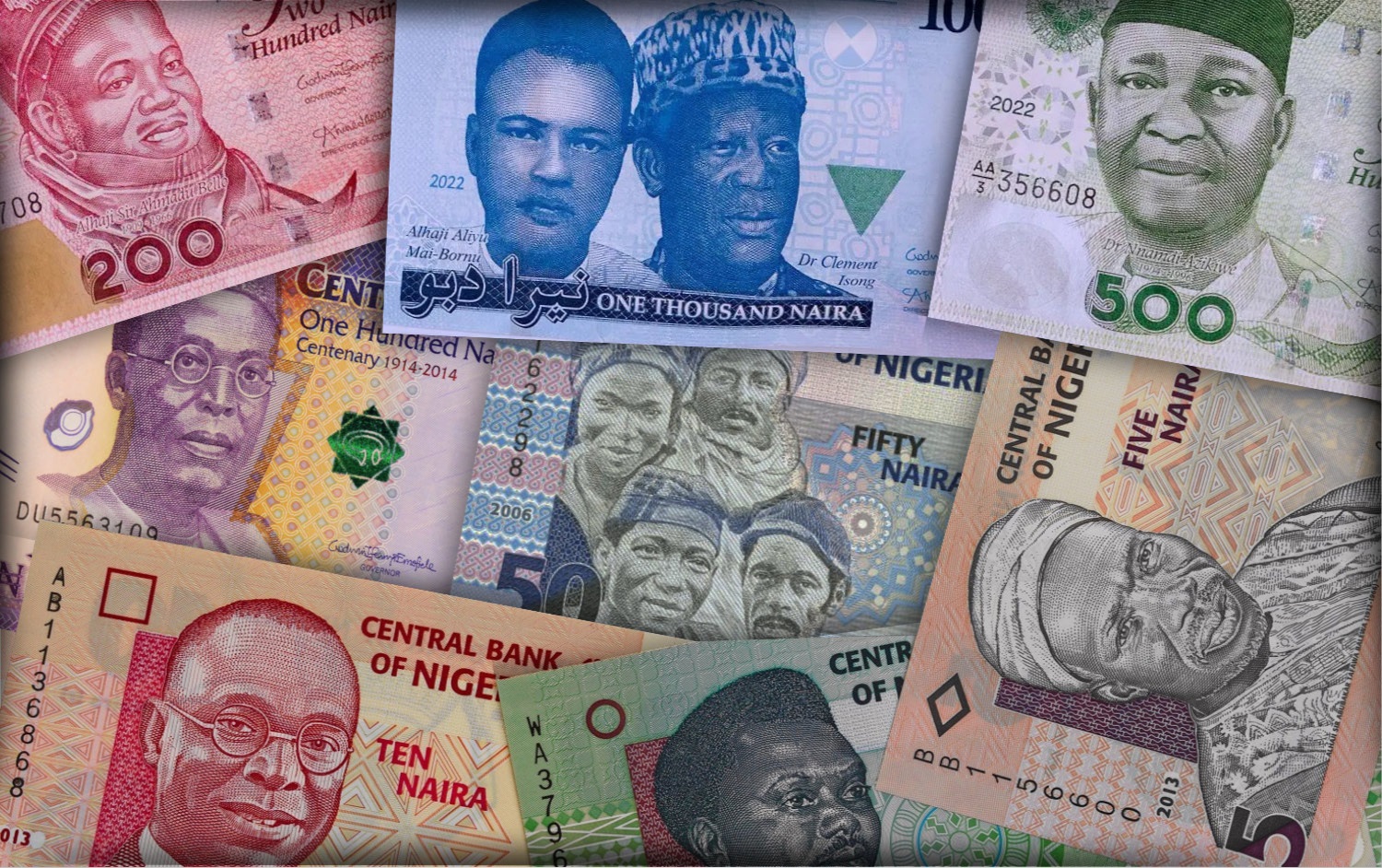
The naira has shown signs of relative stability in recent weeks, a trend that foreign exchange traders are attributing to two key factors: Nigeria’s renewed currency swap deal with China and the growing popularity of peer-to-peer (P2P) forex platforms. According to traders, this has helped ease the demand pressure on the U.S. dollar by allowing Nigerian importers to settle transactions with Chinese partners directly in yuan.
The currency swap agreement, first signed in April 2018 for $2.5 billion, was designed to reduce Nigeria’s overreliance on the U.S. dollar and simplify bilateral trade. Under the deal, the Central Bank of Nigeria (CBN) and the People’s Bank of China (PBoC) provide liquidity in both naira and yuan, enabling direct payments between Nigerian and Chinese businesses. The arrangement was officially renewed in December 2024 for a reported $2 billion.
Data from 2024 highlights the importance of this deal for the Nigerian economy, with imports from China valued at N14.14 trillion and exports at over N3 trillion.
Traders Confirm Easing Demand for the Dollar
According to Aminu Gwadebe, President of the Association of Bureau De Change Operators of Nigeria (ABCON), the deal and the rise of P2P platforms have indeed eased demand pressure on the dollar. “The Chinese are now collecting naira for yuan, doing P2P. Go to any mining factory and you will see a Chinese man in Nigeria. There is a lot of liquidity in the market,” he stated.
Gwadebe believes that the old process of converting naira to dollars and then dollars to yuan no longer makes sense for importers. “If a Nigerian is importing from China, all he needs is yuan to settle his affairs. You don’t even need dollars now. Why go through a third currency? Collect my naira for yuan in China, and that’s it. I don’t want the dollar fluctuations anymore,” he added.
The Role of P2P Platforms
Beyond the formal swap deal, traders also credit the popularity of P2P forex platforms for contributing to the naira’s stability. These platforms facilitate direct currency exchanges between individuals, often offering more favorable rates and flexibility than traditional channels. For many Nigerians paying for foreign tuition or medical bills, P2P transactions have become a viable alternative.
Gwadebe described the combined effect as a “game-changer,” noting that “These two things, the Chinese swap and P2P, are working right now. That’s why you’re seeing some stability.”
Why the Dollar Still Dominates
Despite these positive developments, some traders remain skeptical about the deal’s overall impact. Yusuf, another trader, noted that while the swap helps those trading with China, its effect on the broader forex market is limited. He pointed out that many Nigerian traders still prefer the U.S. dollar due to its global acceptance.
“You can’t just walk into a bureau de change and buy yuan like you buy dollars, pounds, or euros. Even if yuan is available, it’s not liquid in the street market,” he said. He added that for personal transactions like school fees or medical bills, the swap deal has little impact, as dollars remain the global standard.
Presidency Reacts, Touts Reforms
Reacting to the news on his X account, Bayo Onanuga, Special Adviser to President Bola Tinubu on Information and Strategy, hailed the development as a positive outcome of the president’s economic reforms. “This is a salutary development for the Nigerian economy. The Tinubu reforms are making foreigners have faith in the naira. The almighty US dollar is not the ultimate king here. The naira is waxing stronger as an international means of exchange,” Onanuga wrote.
He also took a swipe at opposition figures, claiming they would not celebrate the development, adding, “El-Rufai, Atiku Abubakar, and Peter Obi will never celebrate this. They are waiting for disasters to vent their political frustration on President Tinubu.”







